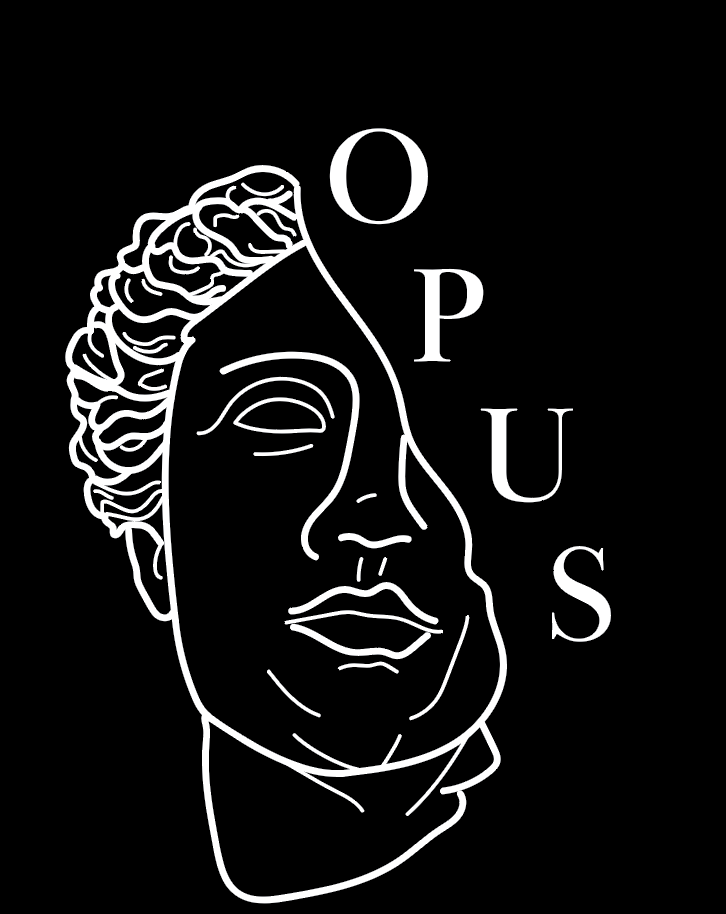Where is your creative space?
BY MORGAN BROWN
Sometimes when I close my eyes, I find myself in Ireland. Inchydoney Island, to be specific, a remote beach on the west coast of the country. When I studied abroad in Dublin last semester (which, funnily enough, proved to be not the best time to go – thanks Covid), the writers program I was part of took us to Inchydoney for a four-day retreat. While there, our only responsibility was to write, to immerse ourselves in our surroundings and use them to inspire us.
Never before had I felt so in touch with my writing. Never before had I seen so clearly a vision for what I wanted to create.
Why? Because the atmosphere was so conducive to creativity. Between poetry readings and group dinners, I took my little green notebook out to a hill overlooking the beach and just observed. I watched the gulls swoop over the water and rabbits shoot out of holes in the strikingly green landscape below. I watched couples stroll along the shore together and dreamed of being in their shoes. I watched parents playing with their children, a father holding his daughter’s hand as she dipped her toe in the water, and thought of my own father. I watched the friends I had made in the program shuffle along the beach, eyes trained to the ground looking for shells or seaglass. They embedded their footprints in the sand and waited until the waves swept them away, something our professor had told us to do. “Notice how we make marks in the sand, but the waves wash the shore clean by morning,” he pointed out. “There’s a poem in that.”
On that cliff, with a misty Irish breeze crinkling my notebook pages, I realized just how in love I was. Not necessarily romantic love (though there was some of that as well), but this awestruck sense of connectivity with everything around me. I was so in love with the country, the culture, the nature, the students and professors in my program whom I’d come to know intimately in just a few months.
I was finding stories in everything. The dogs, free of leashes, prancing along the shore. The fence outside our hotel, mysteriously broken overnight. The old lighthouse keeper’s house settled above the bay, abandoned and ruinous. A docked ship, molding from algae and years of disuse. A lone pink boot left by the water. The party of old men drinking wine in the upstairs lounge. All of our shadows cast onto the hills, ingraining us in the landscape.
After that retreat, the leader of the writers program told us to hold on to Inchydoney, to keep images of it tucked in the back of our minds that we could pull out at a moment’s notice. “Picture this place when you write,” he told us. “Remember how you felt being here.”
How I felt was free. Unrestrained by the responsibilities of life. Dedicated. Inspired. Encouraged. Reinvigorated. In just four days, I had fallen in love with writing all over again.
I managed to hold onto this feeling for months after COVID-19 forced us out of Ireland. How? By doing exactly what my professor recommended. Whenever I sat down to write, I conjured Inchydoney. It sounds dorky, but I put away my laptop, played the sound of wind and gulls and lapping waves, and wrote by hand. I remembered sunrise walks at the crack of dawn, the sweet smell of a breakfast buffet, my friends reading poems that they’d ruminated over in sandy alcoves of the hills. I remembered the heat of a hotel sauna, my professor raving about wild mushroom penne, the glow in my friend’s eyes as we wrote stories by firelight. I remembered midnight walks on the beach, when darkness enveloped the sand, and though I was moving, it seemed that everything around me stood still.
Remembering these sensations brought peace, clarity, and focus to my work and to myself.
Yes, there is truth to the idea that writing is a feral beast that needs to be domesticated. A disobedient child who needs to be disciplined. Inspiration is elusive; it has a tendency to disappear when you need it most. It requires, to some extent, routine, sharpness, and intense drive. But I’ve found that writing can be just as strong when it comes from a place of peace, when it’s grounded in the place your heart calls for most.
Of course, this imagery of Ireland is unique to my memory, but this is a universal experience. So I ask you, reader: when you close your eyes and think of peace, where do you picture yourself?
Harness that space when you’re doing creative work. Remember the details of your surroundings, your emotional state, and use it to your work’s advantage. I promise it helps.






Sharon Brown
Loved this Morgan…it touched my heart, because you took me there.